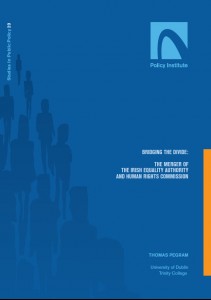I have published a review of Rebecca K. Root’s compelling book on Transitional Justice in Peru in the Journal of Latin American Studies. The review can be read here.
The study of transitional justice is now firmly established in a large scholarly and policy literature. However, while much attention has been paid to emblematic country cases, such as Argentina, or the extraordinary development of international criminal tribunals other experiments with transitional justice have received less attention.
Perhaps more than most, Peru merits careful consideration for what it can tell us about both the scholarship and practice of transitional justice. This is the task Rebecca K. Root sets out to achieve in her compelling and richly-detailed account of transitional justice in Peru.
Continue reading Transitional Justice In Peru (Rebecca K. Root) – Review





